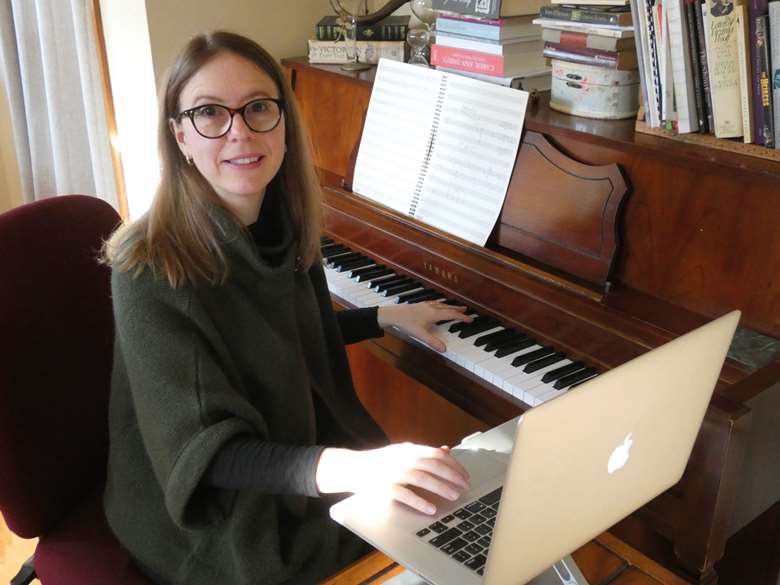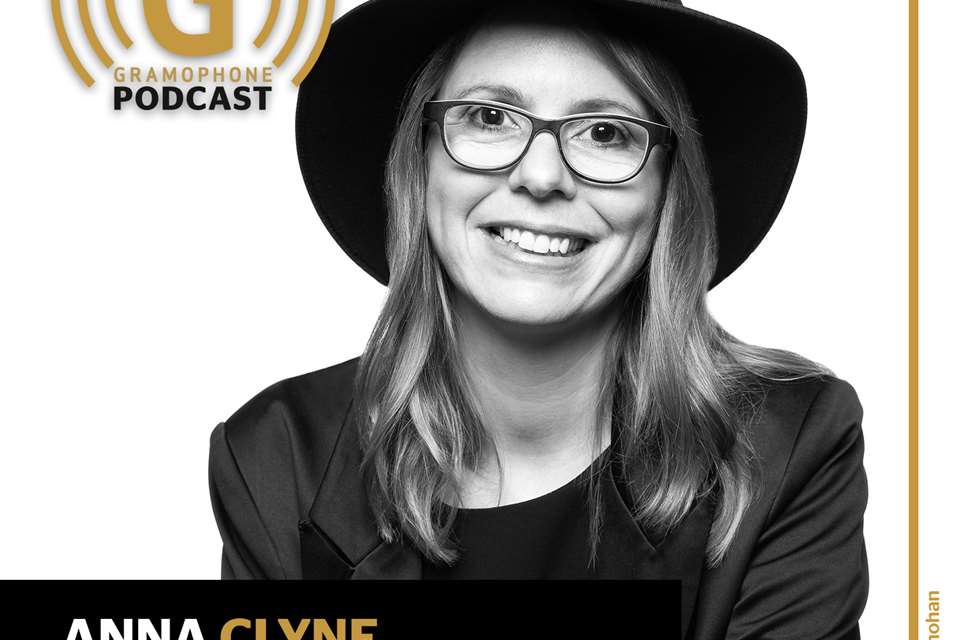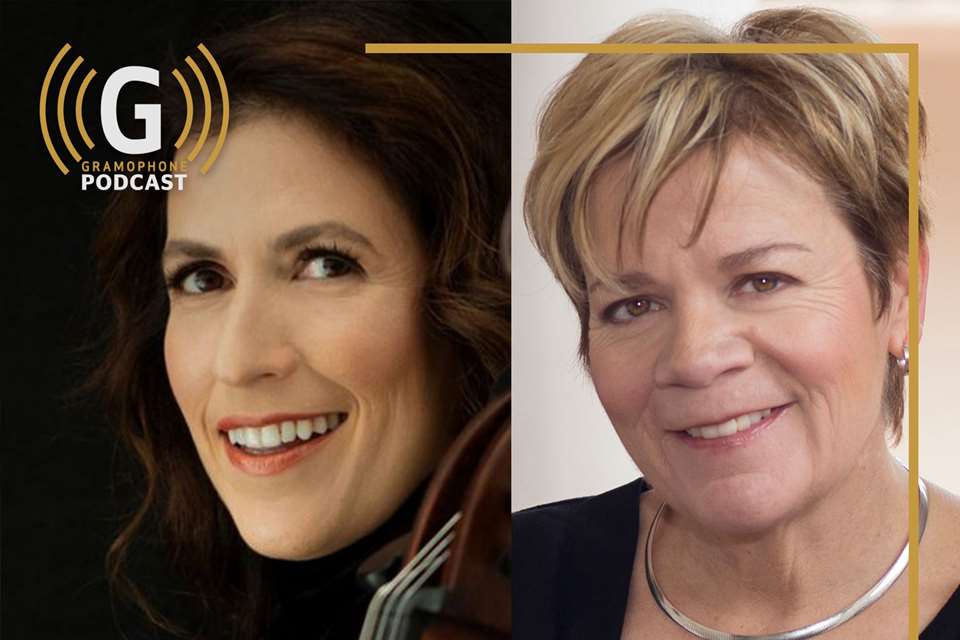Contemporary Composer: Anna Clyne
Richard Whitehouse
Friday, March 5, 2021
Richard Whitehouse has no doubt that things will only get better for this already popular and much-recorded composer

Register now to continue reading
Thanks for exploring the Gramophone website. Sign up for a free account today to enjoy the following benefits:
- Free access to 3 subscriber-only articles per month
- Unlimited access to our news, podcasts and awards pages
- Free weekly email newsletter










